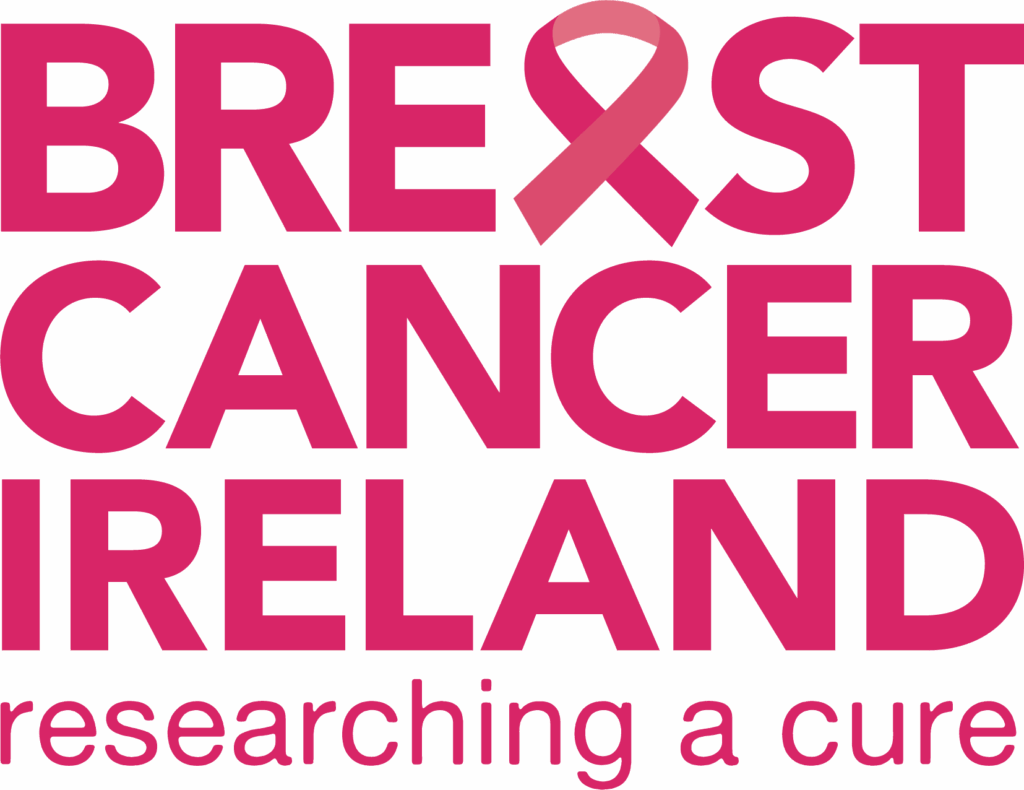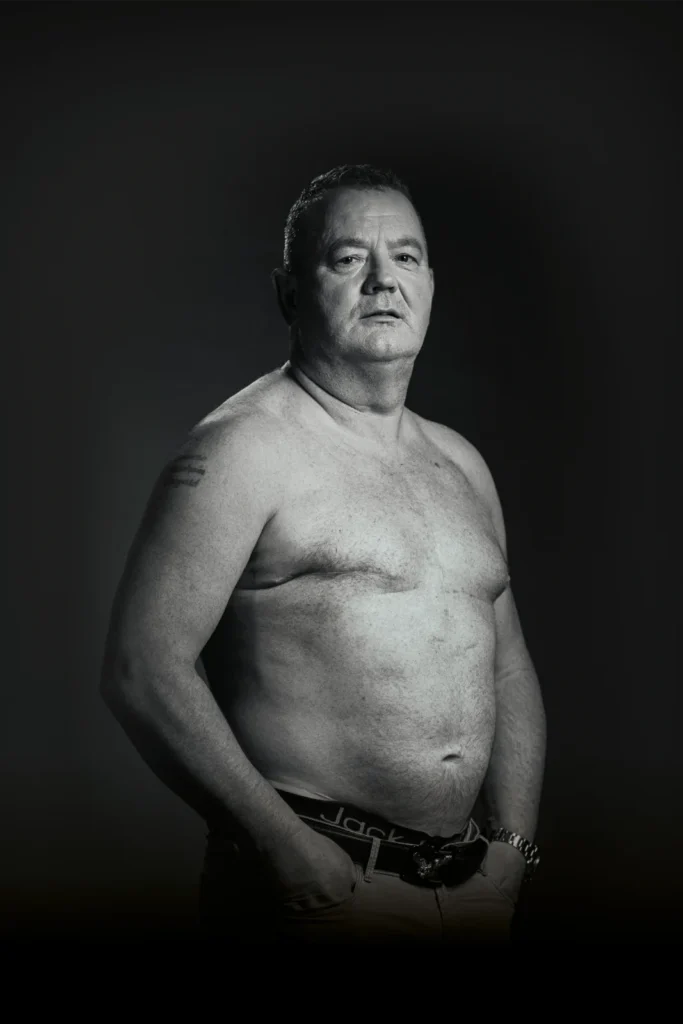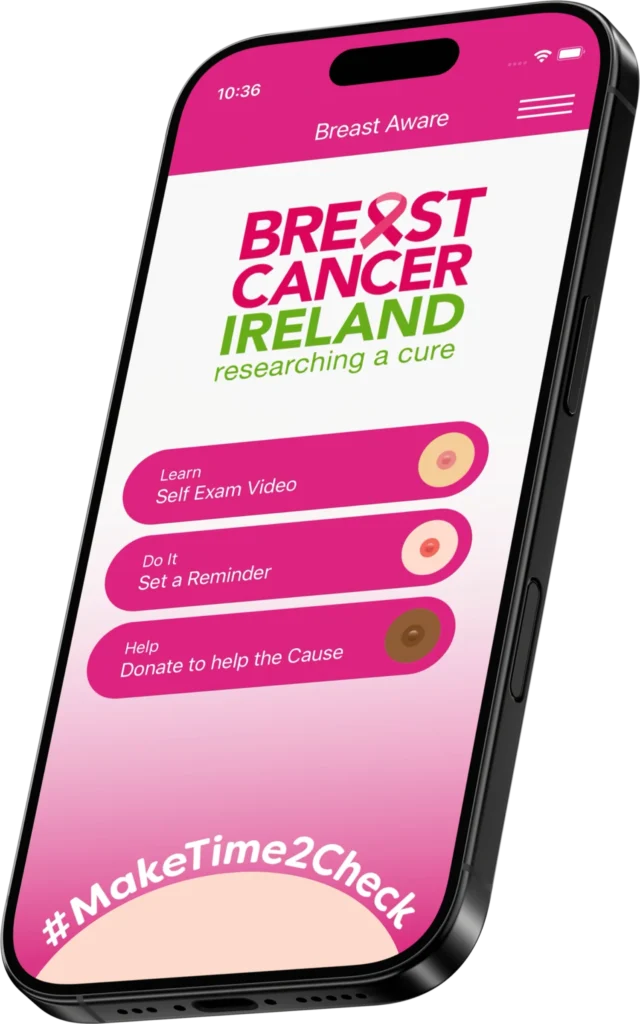Last January, Dara was out for his morning run and took a shower afterwards like most mornings. However, this particular morning whilst showering he noticed a lump on his chest. It was quite a prominent lump that he swears must have sprung up overnight, just underneath the skin at the top of his ribcage, the size of his thumbnail.
Thinking it was strange but not overly concerned as it wasn’t painful, he quickly forgot about it and went about his daily business. However, the next morning, the lump was still there, and the morning after that, and the morning after that.
He pondered about it for a while, consulted with his friends and family, before realising he needed to get it checked out and made an appointment with his GP. His GP advised him to come back a few days later to have the lump scanned and the results were sent to Dublin. Following this, a consultation was made for him at the Breast Care Centre.
Whilst he was in the waiting room, he felt very uncomfortable as he quickly realised he was the only male there. He clearly remembers the odd looks he was getting from the other women who were also waiting, so much so he nearly felt like leaving the room. Following his consultation, he was referred for a mammogram and later a biopsy.
A week later, he went back for his results and experienced the same odd looks whilst sitting in the waiting room. When he walked into the room for his results, there were two breast care nurses also in attendance who were very kind to him, asking him would he like to sit down. “I was thinking, what is going on here?” Dara explained and chose to remain standing. He was told the lump was cancerous, that he had breast cancer. “I honestly started looking around for cameras in the room, men don’t get breast cancer. Ok maybe I’ll sit down now”.
The consultant explained they would need to take it out, to which Dara replied, “Take what out? I don’t have a breast, there’s nothing there”. The following week, he had a mastectomy. A few days later he was released from hospital and went back to work fairly quickly.
When he had his mastectomy, his doctor also removed some lymph nodes to see if the cancer had travelled. It would be two weeks before the results would come back and admits those two weeks of waiting were incredibly difficult. “I had to get back to work, keep my mind busy, otherwise I would have gone mad,” Dara admits. He did have a bit of a mad moment a week later when he visited Dr. Google. He will always remember ringing his nurse up to explain, “I’ve after doing something really stupid, I googled secondary breast cancer. Nothing positive can come from googling it, you go down a dark rabbit-hole, I had convinced myself I was dead in 4 years.” His nurse was very comforting on the phone and thankfully a week later, he got his results, and they found no trace of it travelling. He received the welcoming news that he didn’t need further treatment such as chemotherapy/radiation, he would just need weekly drainage. Luckily for Dara, they discovered his cancer quite early.
Upon telling people he had breast cancer, people’s reactions were one of shock. The amount of people who think that men can’t get breast cancer, including Dara himself before he was diagnosed, is shocking. It could explain the looks in the waiting room, perhaps the other women are wondering why some lucky woman gets to have their partner waiting with her during Covid, rather than assuming he has breast cancer.
Dara remembers asking his consultant what would have happened if he hadn’t have come in when he did? What would we be looking at now treatment wise? To which his consultant replied, “More than likely, the treatment options would have included chemotherapy, radiotherapy or more. The tumor would have grown, possibly becoming invasive and potentially travelling to the lymph nodes, spreading further to the bones, lung etc.” It’s so important to get your symptoms checked and not to ignore them.
Dara feels very lucky and says he has nothing to complain about, apart from his somewhat uncomfortable experiences sitting in the waiting room for his drainage appointments. Whilst he understands that breast cancer for women is much more difficult for them to go through and doesn’t wish to make light of their experiences at all, he just wishes people realised that men could get breast cancer too. His consultant told him that 1 in 1,000 men get breast cancer, yet Dara is only his second male patient, which leaves him wondering where or who are all the other men? Anyone he spoke to including himself, had never heard of a man getting breast cancer.
He realises how getting checked out was the most important decision he made, things could have been a lot different today otherwise and as a result, wishes to encourage others to do the same. Shortly after his mastectomy, he phoned his GP to thank him for his swift action and care which allowed him to get the best possible outcome from his diagnosis.
May 24: Contacted by The Cancer Genetic Services OECI cancer center in St James to participate in their genetic testing program due to the fact that Male Breast Cancer is such a rarity.


